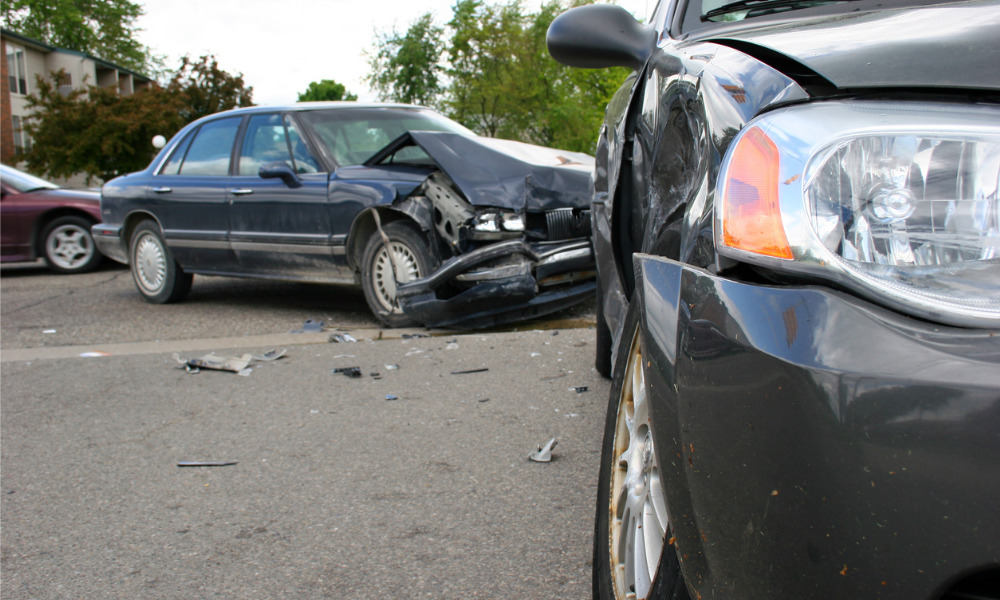
'Novel' claim's duty of care, remoteness analysis is a genuine issue best resolved at trial: court

In what it calls a novel claim, the Superior Court of Justice for Ontario dismissed a motion for summary judgment on an action filed by an injured party’s parent who witnessed the accident via mobile telephone.
In Labrosse v. Jones et. al., 2021 ONSC 8031, Labrosse’s daughter was in a car accident with Jones operating the at-fault vehicle. Over the telephone, Labrosse witnessed the aftermath of the collision – her daughter incoherent and in distress, and Jones’ allegedly belligerent behaviour. Five years after the incident, Labrosse filed a claim against Jones claimed that because of the accident, she had suffered psychological injury. Jones filed a motion for summary dismissal, asserting that the action had no reasonable prospect for success.
The court summarized the issue before it as “whether psychological injury sustained by the plaintiff as a consequence of being involved in the accident by telephone is actionable against [Jones] and, if so, whether the action is barred by the Limitations Act.”
In negligence cases, the plaintiffs must establish that the defendant owes them a duty of care and whether the damages suffered are causally connected to a negligent act or omission said the court.
Michael Switzer, as counsel for Labrosse, argued that the law already recognizes a duty of care towards bystanders present at the accident and asserts that this duty of care extends to those present through electronic means, or virtual bystanders.
As to the issue on remoteness, the court said that it may be farfetched to put a person phoned by the accident victim in the same class as one who was physically present.
“In fact, there is a significant body of law in which courts have refused to award damages for mental injury to a family member who is simply informed of an accident,” said the court.
Nevertheless, the court ruled that it is inappropriate to strike out an action on summary judgment simply because the duty is not recognized, since there is evidence to establish facts that could lead to liability. Similarly, as to the limitation defence, the court ruled that the date of discovery of the direct claim for personal injury is a genuine issue which will have to be determined at a trial.
“The foreseeability analysis at either the duty of care stage or at the remoteness of damages stage in a novel case may require nuanced findings of fact that are genuine issues best resolved at trial,” said the court.